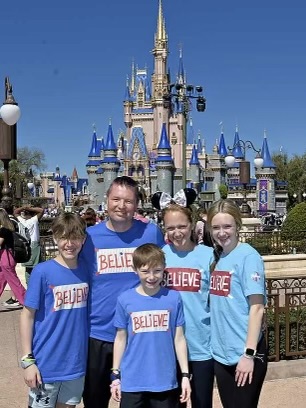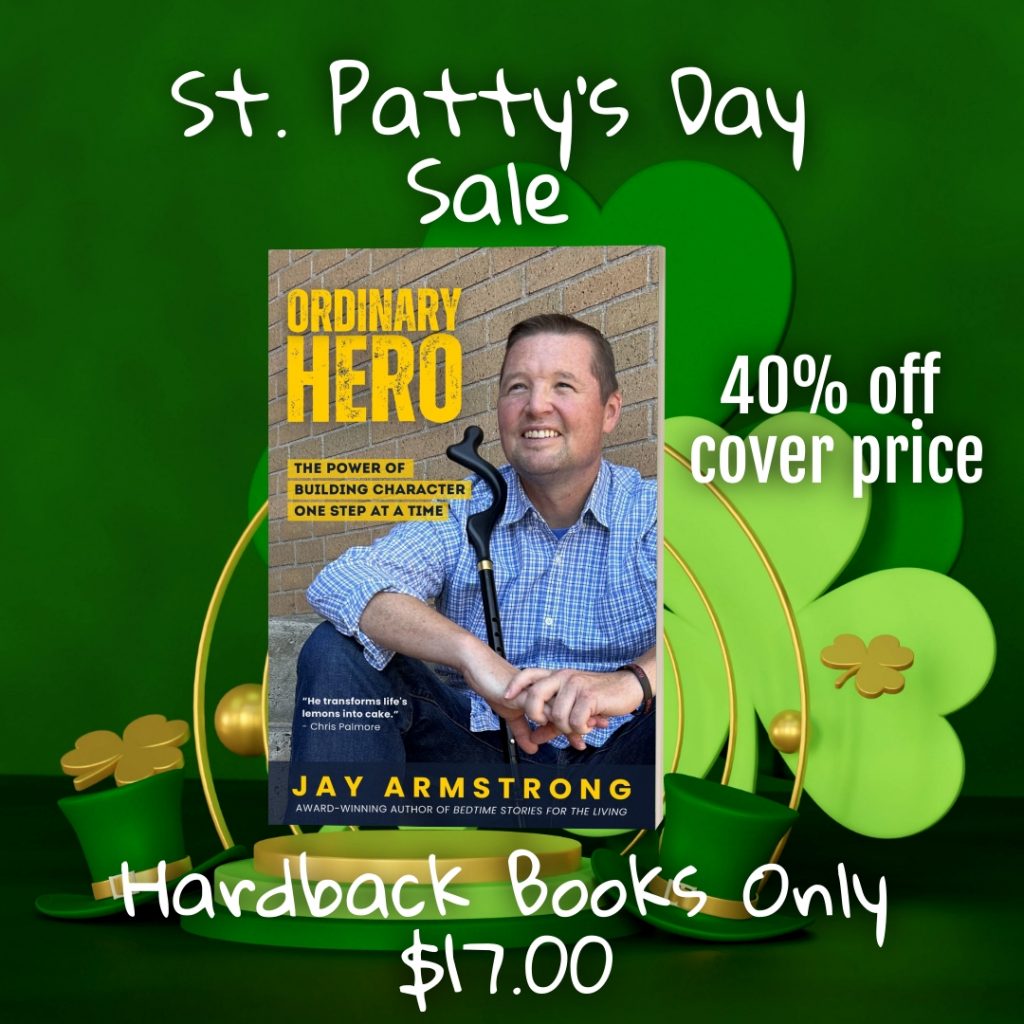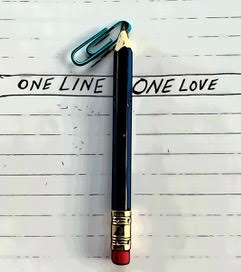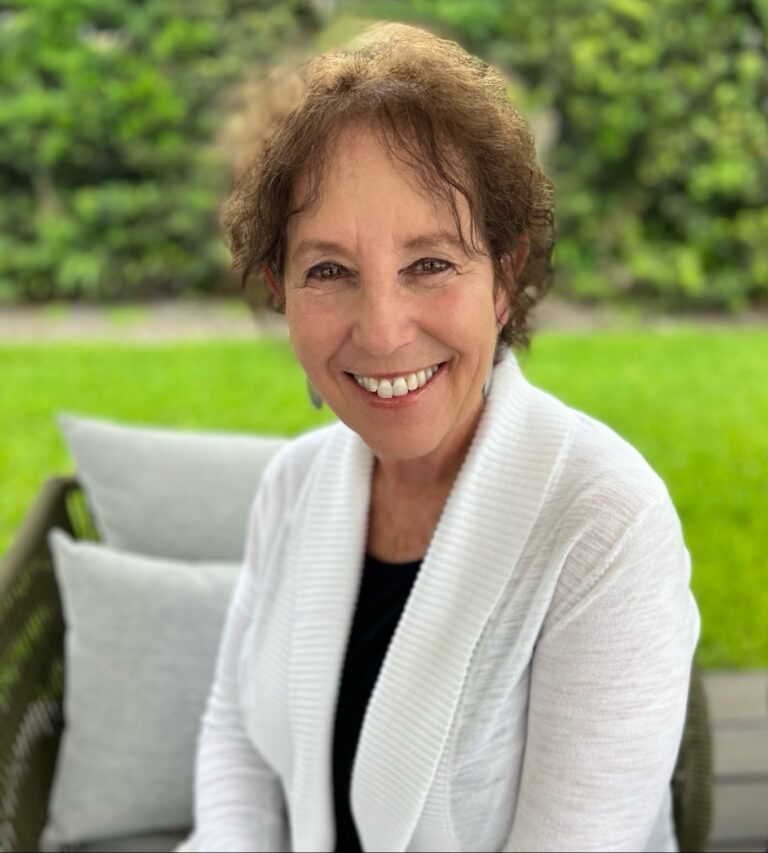Disney World Part 2: The Cost of Optimism

Outside the “Under the Sea” ride in The Magic Kingdom, a young blonde-haired girl dressed as a mermaid was laying on her back, pounding her little fist into the white pavement, crying. The girl’s mother (I assume), also blonde-haired and dressed as a mermaid, grabbed the child by the wrist, hoisted her on to her little sparkly red shoes, and growled very unmermaidlike, “Act human.”
As I spent a week scooting through the various Disney theme parks in Orlando I couldn’t help to find it strange to see so many adults dressed up like Disney characters. Lions and mermaids and wookies. Oh my!
I understand children dressing up as their favorite characters. It’s cute and innocent. But adults? It seemed odd and literally uncomfortable. I mean spending eight hours walking through a theme park, under the Florida sun, was taxing enough without wearing a rubber mask, a wig, and platform shoes.
Some will concur that it truly is “the most magical place on earth.” A place of wonder, nostalgia, memories, and animated optimism. Others will note the crowds, the prices, and the adults who think they’re at an elaborate Halloween party are reasons why Disney World is not a magical place.
With over thirty thousand reviews on tripadvisor.com, Disney World has received 4.5 stars out of 5. Popular words and phrases in the positive reviews were: magical, enchanting, amazing, wonderful, and more beautiful in person. Cass confessed, “Going to the Magic Kingdom was the best day of her life.” And Lewis gushed, “It was magical and made me feel like a kid again!”
The negative reviews used words like: expensive, crowded, trap, scam, long lines, confusing, and frustrating. Paul S., fumed about paying for quick access to rides, laments, “Disney has rolled out a complicated caste system that separates the middle class from the rich.” And CMZ announced, “The magic is DEAD!”
Disney World’s theme parks are polarizing. They average 58 million guests per year. To put that in perspective Florida state has about 20 million residents. And yet even those Disney diehards will even confess it’s expensive. For a family of four, a six-day trip costs on average $7,000. So when planning a Disney World trip you have to consider the cost and crowds. However, as you’re considering, those same diehards will attest, “…it’s so worth it.”

Recently, I learned someone in my Ataxia support group is not doing well. At our last virtual meeting the group member’s friend appeared for the member and explained the last few weeks have been difficult. The friend was hoping for the best but it wasn’t looking good. The video chat hummed silent.
I cleared my throat and said something about thoughts and prayers and remaining optimistic. For the rest of the meeting and, for the following days and nights, I thought about Cindy appearing in my place at a future group meeting and telling the group the past few weeks have been difficult and things are not looking good. And I could hear the video chat humming with silence.
I’m forty- three years old. I just returned from a Disney World vacation with my family. I have an incurable, progressive brain disease. And I witnessed the irony of a mermom instructing her merkid to, “Act human.”
And so, I do wonder what it means to act human?
No matter what you think of Disney World, you have to admit, it’s one of the most optimistic places on earth.
Look beyond the cost and the crowd and apparent caste system and what do you have? 47 square miles of optimism. A place in central Florida where good always triumphs over evil and magic always happens and where, in the end, the world–whether in a galaxy far, far away or under the sea– becomes a better place.
When you’re a kid, the world echoes the lessons of a Disney movie, but there comes a point in the arc of human life when you’re forced to view the world in black and white, decide if it’s an optimistic or a pessimistic place, and move forward and act accordingly.
In Maggie Smith’s poem “Good Bones” she compares motherhood to being a realtor as she sells the world to her kids by telling them the world has “good bones” and concludes,” You could make this place beautiful.”
I believe the world has good bones.
Yet I’m writing from a world littered with nuclear weapons and fentanyl and incurable diseases. A world fueled by greed and ignorance. It’s a place where it’s easy to lose imagination, lose perspective, and fail to see those good bones. It’s easy to feel powerless. It’s easy to condemn this place as Maggie Smith writes, “a real shithole.”
And so I can understand why so many people pilgrimage to Disney World each year. And spend thousands of dollars. And wait in long lines. And dress like mermaids. People want to be optimistic. And they will go to great lengths to be optimistic. To be reminded that this place has good bones.
I’m pretty certain I’ll never return to Disney World again. Not that I didn’t have a great time with my family. I did. But crowds and caste systems aren’t my things. I realize now the world of Disney is a sort of support group. It’s a community of people who share a common interest and who find comfort in that community–which is elemental to being human.
There’s a popular meme circulating the internet that says something like, “No bond is stronger than two coworkers who hate their job.” We get it. We all have worked jobs we hated. And, in such company, it’s easy to let go of optimism and clutch the tentacles of pessimism.
Because pessimism is easy. It’s also draining and unimaginative and soul-corrupting. Optimism, especially in the most incurable and crushing conditions, takes emotional courage to sustain. And despite its cost, Disney for millions of wide-eyed kids and bighearted adults provides this kind of optimism.
A kind of priceless optimism necessary for humans who want to bankrupt pessimism and invest in the magical currency of the real world.
Be well,
Jay
Episode 9: One Line, One Love with Author Cathy Shields–Conquering Doubt and Embracing the Normal
If you haven’t heard yet… my friend Gail Boenning and I recently launched a podblog called, One Line, One Love.
OLOL is a unique listening and reading experience that will inspire everyday writers, who dream of writing, to pick up their pens and write one line at a time.
This podblog format (a hybrid of a podcast and blog) is for everyday writers who–like me–often need a creative boost, a scrap of encouragement, and practical advice to unleash the writer within. Each episode consists of five wide-ranging, writer-focused questions and a weekly writing prompt.
Please check it out! And please share with any writer friends or anyone in your life who has ever considered picking up the pen.
~~
LUCKY YOU…

Purchase Link: Click Here
Limited Time Only!
~~

Warm greetings to everyone who found me on the University of Pennsylvania’s Ataxia Clinic’s website! Thanks for stopping by. I have ataxia and though I’m not a doctor, I hope my words comfort, encourage, empower, and serve as good company on your journey.
~~
Jay Armstrong is a speaker and an award-winning author. Despite being diagnosed with a rare neurological disease, that impairs his movement, balance, eyesight, and speech–Jay presses on. The leader of the Philadelphia Ataxia Support Group, he hopes to help you find joy, peace, and meaning in life.







